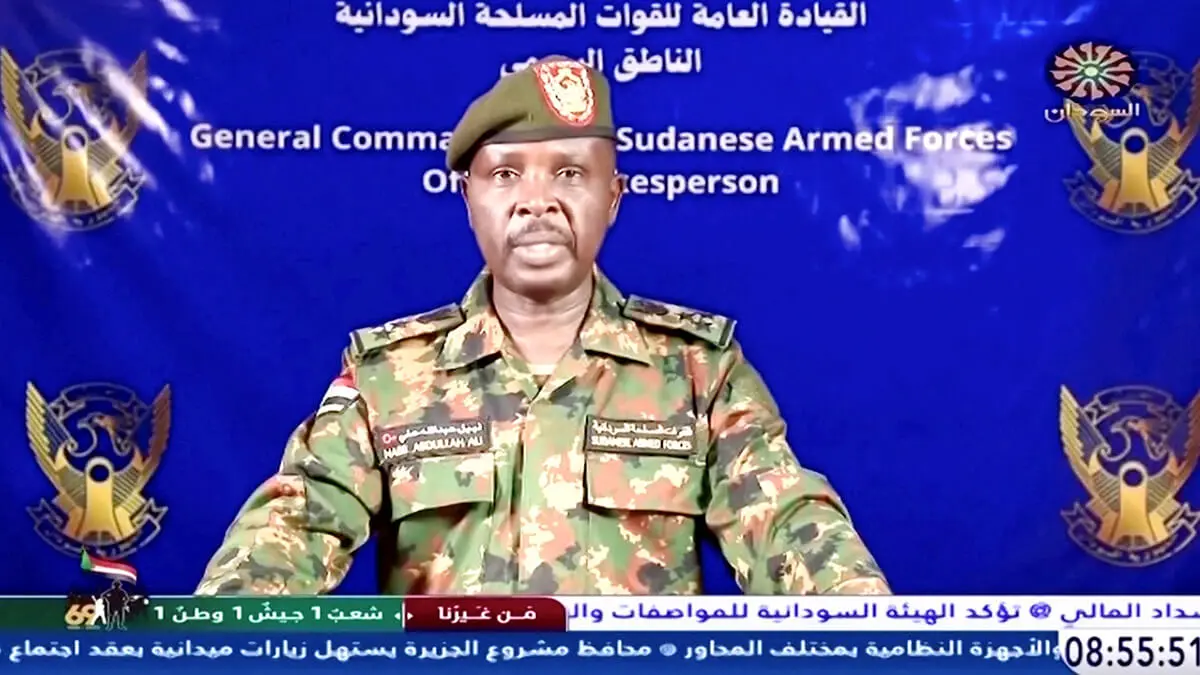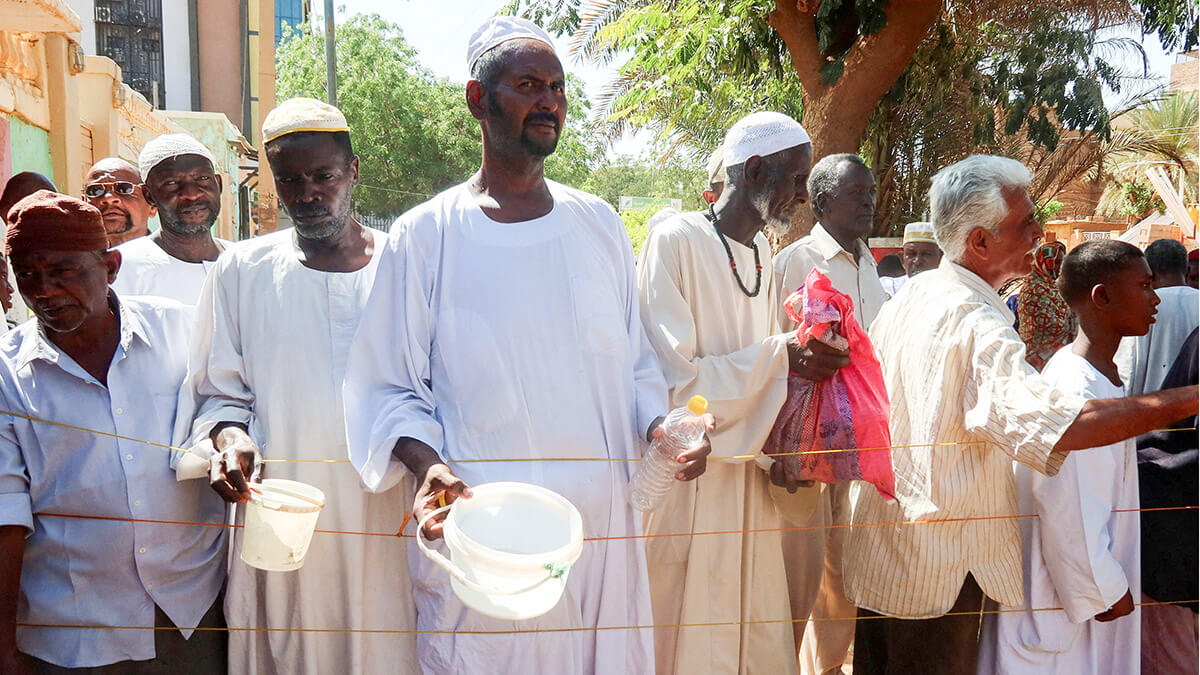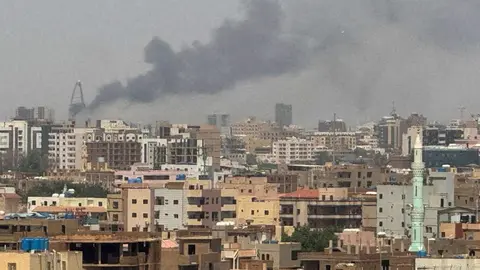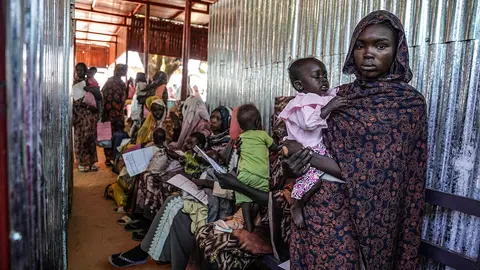The conflict intensifies in Sudan with the capture of Al-Maliha and the assault on the presidential palace

- The capture of Al-Maliha: A strategic blow in Darfur
- The assault on the presidential palace: A battle for the centre of Khartoum
The confrontation between the Sudanese army and the Rapid Support Forces (RSF) has reached new levels of violence, redrawing the map of control in a war-torn country. In the last few hours, both sides have made strategic advances: while the Rapid Support Forces (RSF) announced the conquest of Al-Maliha, in the state of Darfur, the Sudanese army stormed the Republican Palace in Khartoum, a symbol of sovereignty and influence.
The capture of Al-Maliha: A strategic blow in Darfur
The Rapid Support Forces proclaimed total control over the city of Al-Maliha, a key enclave in northern Darfur that connects this region with the Libyan border. In addition, they reported the capture of the state's main military camp, dealing a severe blow to the Sudanese army.
In a statement, the RSF spokesperson said that the offensive resulted in the confiscation of a considerable arsenal of combat vehicles, weapons and ammunition, as well as the loss of more than 380 enemy soldiers. The conquest of Al-Maliha not only reinforces the presence of the RSF in Darfur, but also gives them a crucial logistical advantage in the conflict.

The assault on the presidential palace: A battle for the centre of Khartoum
Meanwhile, in the Sudanese capital, the army made significant progress by retaking the Republican Palace, which had been occupied by the RSF since the early days of the war in April 2023. The military spokesperson issued a statement on Facebook saying that the armed forces had also taken control of the Arab Market and other strategic areas in the centre of Khartoum.
The operation to retake the Republican Palace was preceded by intense fighting, which included the destruction of a convoy of 30 RSF vehicles as they attempted to retreat south. The army also confiscated large quantities of equipment and weapons during the operation.
The conflict between the army commander, Abdel Fattah al-Burhan, and his former deputy, Mohamed Hamdan Dagalo (Hemedti), has left tens of thousands dead and displaced more than 12 million people. The capital, Khartoum, has become the epicentre of bloody fighting that has devastated entire neighbourhoods and forced thousands to flee.
In recent days, the clashes have intensified with explosions and air strikes in the city centre. On Monday, the army mobilised battalions from the south in an attempt to consolidate its advance on Khartoum, pushing the RSF towards its last strongholds.

Almost two years after the start of the war, the humanitarian situation is devastating: more than 100,000 people are at risk of famine, according to the United Nations. As the conflict escalates, the international community watches with concern as the struggle for power continues to claim lives and plunge the country into a seemingly endless crisis.










